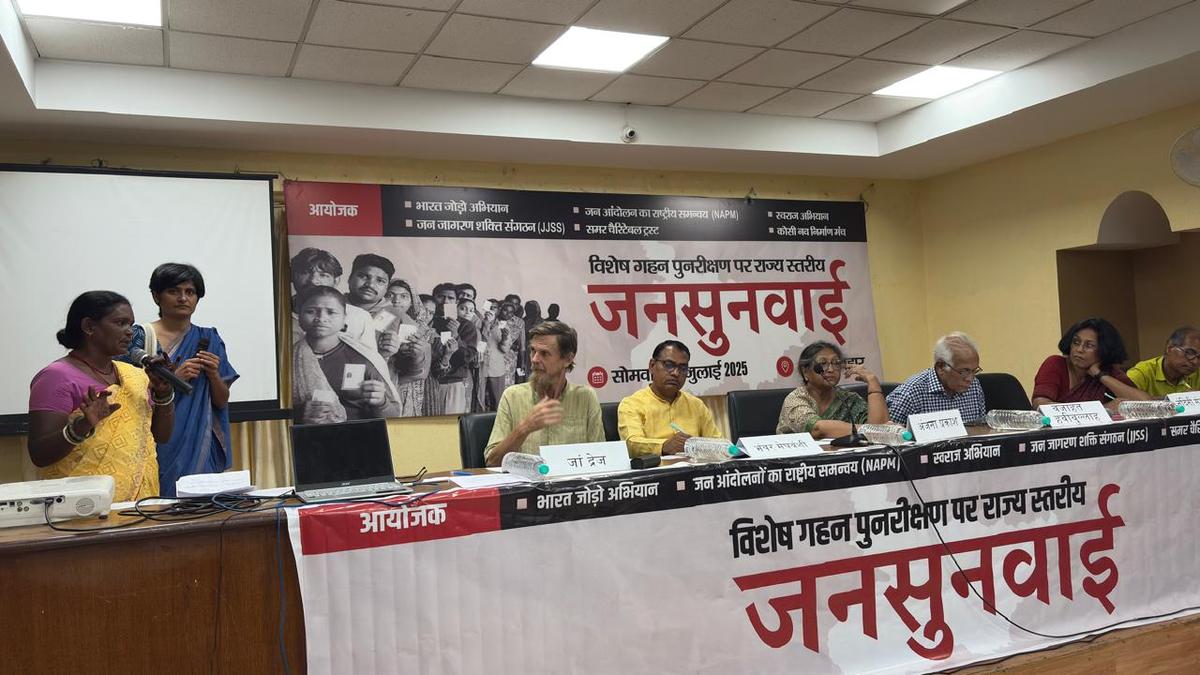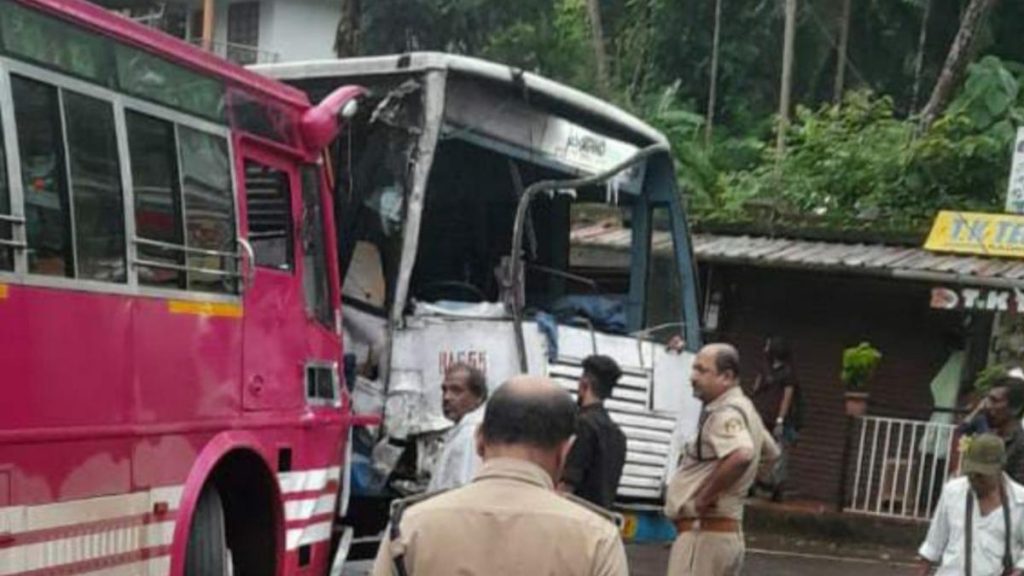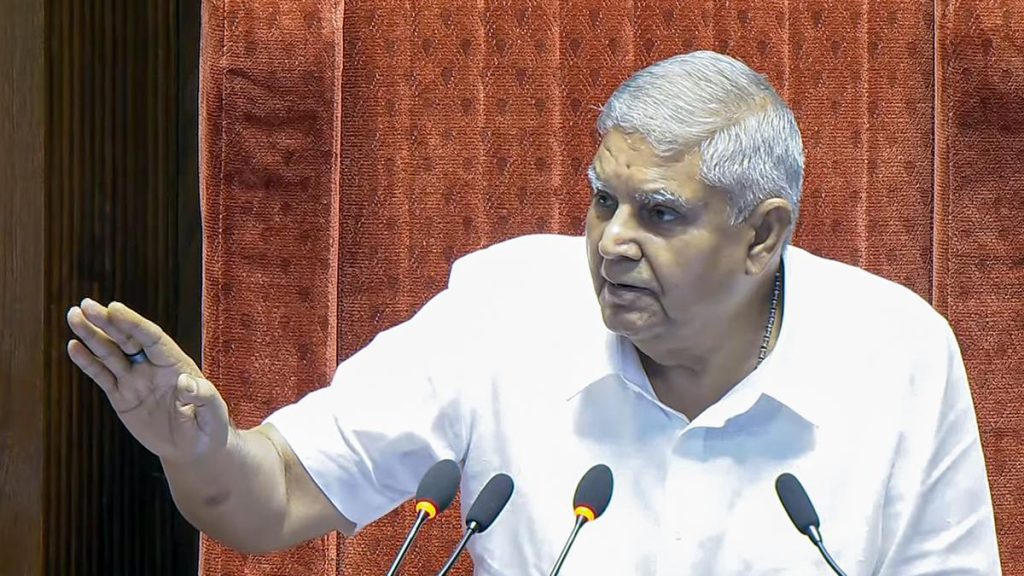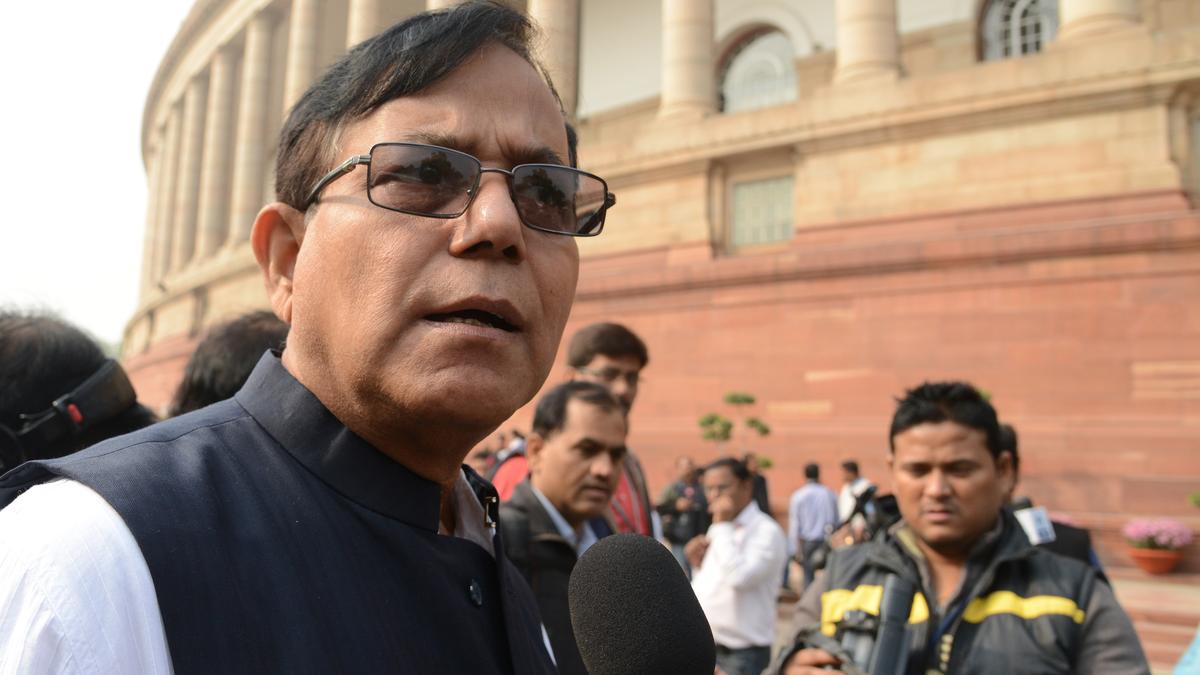Now Reading: Jean Drèze Calls for Cancellation of Bihar Poll Rolls Over Alleged Violations
-
01
Jean Drèze Calls for Cancellation of Bihar Poll Rolls Over Alleged Violations
Jean Drèze Calls for Cancellation of Bihar Poll Rolls Over Alleged Violations

Rapid Summary
- A public hearing (Jan Sunwai) was organized in Bihar on July 21, 2025, to evaluate the Special Intensive Revision (SIR) of electoral rolls.
- Groups involved: Bharat Jodo Abhiyan, Jan Jagran Shakti Sangathan, NAPM, and others.
- Panelists included eminent figures such as Anjana Prakash (former judge), Wajahat Habibullah (former CIC), economist Jean Drèze among others.
- Challenges raised at the hearing:
– Illiterate voters had to pay intermediaries ₹100 to fill forms.
– difficulty in acquiring documents like Aadhaar photocopies and photos led some individuals to sell ration items or miss work days.
– Complaints about unacknowledged submissions or forms pre-filled without voter consent.
- Key issues noted:
– Enumeration inconsistencies; forms often distributed by non-designated staff like ward councillors and anganwadi workers.
– Flood-prone regions faced document losses; lack of clear instructions adding confusion for many households.
- Criticisms from panelists:
– The purpose of SIR remains unclear; economist Jean Drèze stated it risks disenfranchisement. A survey by Bharat Jodo Abhiyan found 37% lacking required documents.
– Calls included cancellation rather than modifications due to procedural violations causing harm to democracy.
Indian Opinion Analysis
The concerns raised during the public hearing underscore notable procedural gaps and inequalities in implementing the Special Intensive Revision (SIR) process for electoral rolls in Bihar. Disenfranchisement risks are evident based on testimonies-particularly among rural voters who struggle with documentation requirements due to socio-economic barriers exacerbated by systemic inefficiencies.
Panel discussions highlighted troubling implications for political equality as envisaged under india’s Constitution. If a significant segment is excluded from voting due to factors such as illiteracy or infrastructure loss post-natural disasters, this could hinder India’s democratic ethos.
Given its basic role in enabling universal franchise under a fair process, election reforms must prioritize inclusivity over burdensome verification processes that disproportionately affect vulnerable communities like flood victims or daily-wage laborers.
For both bihar and wider India-which faces similar challenges across diverse populations-these findings call for a reassessment of electoral policies that aim not just at accuracy but accessibility too.
Read more: Link























